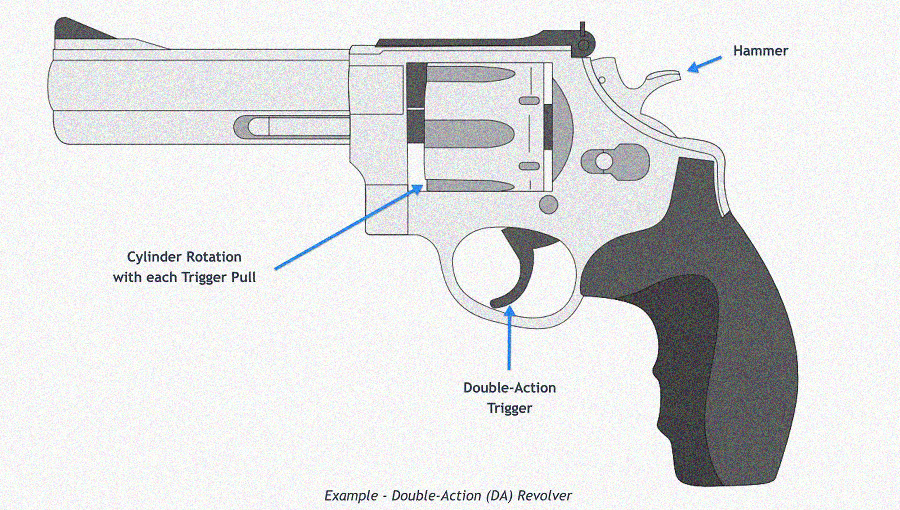Abbreviation Cbc Medical

In the medical field, CBC stands for Complete Blood Count. It is a comprehensive test that measures various components of the blood to diagnose and monitor a wide range of health conditions. The CBC test is one of the most commonly ordered blood tests in medical practice, providing valuable information about the patient’s blood cells, including red blood cells, white blood cells, and platelets.
A typical CBC test includes several parameters, such as:
- Red Blood Cell (RBC) count: Measures the number of red blood cells in the blood, which carry oxygen to the body’s tissues.
- Hemoglobin (Hb): Measures the amount of hemoglobin in the blood, a protein in red blood cells that carries oxygen.
- Hematocrit (Hct): Measures the proportion of red blood cells in the blood.
- White Blood Cell (WBC) count: Measures the number of white blood cells in the blood, which help fight infections.
- Platelet count: Measures the number of platelets in the blood, which help the blood to clot.
- Mean Corpuscular Volume (MCV): Measures the average size of red blood cells.
- Mean Corpuscular Hemoglobin (MCH): Measures the average amount of hemoglobin in red blood cells.
- Mean Corpuscular Hemoglobin Concentration (MCHC): Measures the average concentration of hemoglobin in red blood cells.
- Red Cell Distribution Width (RDW): Measures the variation in the size of red blood cells.
- White Blood Cell Differential (Diff): Measures the proportions of different types of white blood cells, such as neutrophils, lymphocytes, monocytes, eosinophils, and basophils.
The CBC test is used to:
- Diagnose and monitor anemia, bleeding disorders, and blood clotting disorders
- Evaluate the effectiveness of treatments for blood-related disorders
- Monitor patients with cancer, HIV/AIDS, or other diseases that affect the blood
- Detect infections, inflammation, and other conditions that affect the blood cells
Abnormal results on a CBC test can indicate various health issues, such as:
- Anemia (low red blood cell count or hemoglobin level)
- Infection (high white blood cell count)
- Bleeding disorder (low platelet count)
- Blood cancer (abnormal white blood cell count or differential)
- Inflammatory disease (elevated white blood cell count)
In summary, the CBC medical test is a valuable tool for healthcare providers to assess the overall health of a patient’s blood cells and diagnose a range of medical conditions.
Key Takeaway
A Complete Blood Count (CBC) test is a comprehensive blood test that measures various components of the blood to diagnose and monitor a wide range of health conditions, including anemia, infections, bleeding disorders, and blood cancers.
What is a Complete Blood Count (CBC) test?
+A Complete Blood Count (CBC) test is a blood test that measures various components of the blood, including red blood cells, white blood cells, and platelets, to diagnose and monitor a range of health conditions.
What are the different components of a CBC test?
+A typical CBC test includes several parameters, such as red blood cell count, hemoglobin, hematocrit, white blood cell count, platelet count, mean corpuscular volume, mean corpuscular hemoglobin, mean corpuscular hemoglobin concentration, red cell distribution width, and white blood cell differential.
What is the purpose of a CBC test?
+The purpose of a CBC test is to diagnose and monitor a range of health conditions, including anemia, infections, bleeding disorders, and blood cancers, as well as to evaluate the effectiveness of treatments for these conditions.



